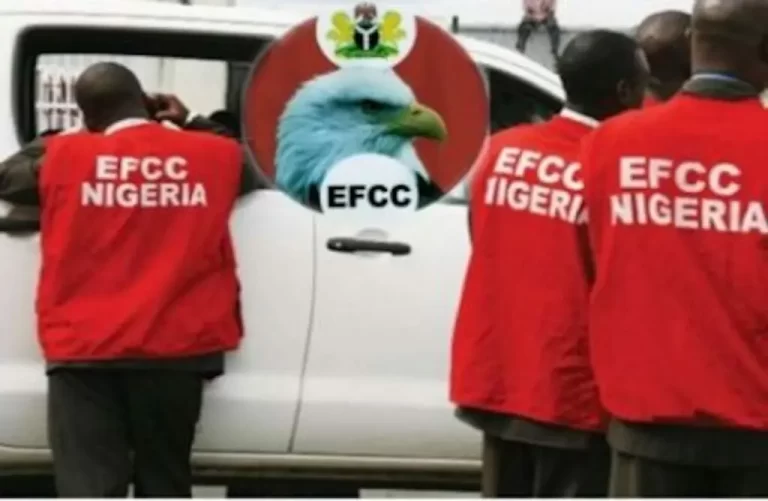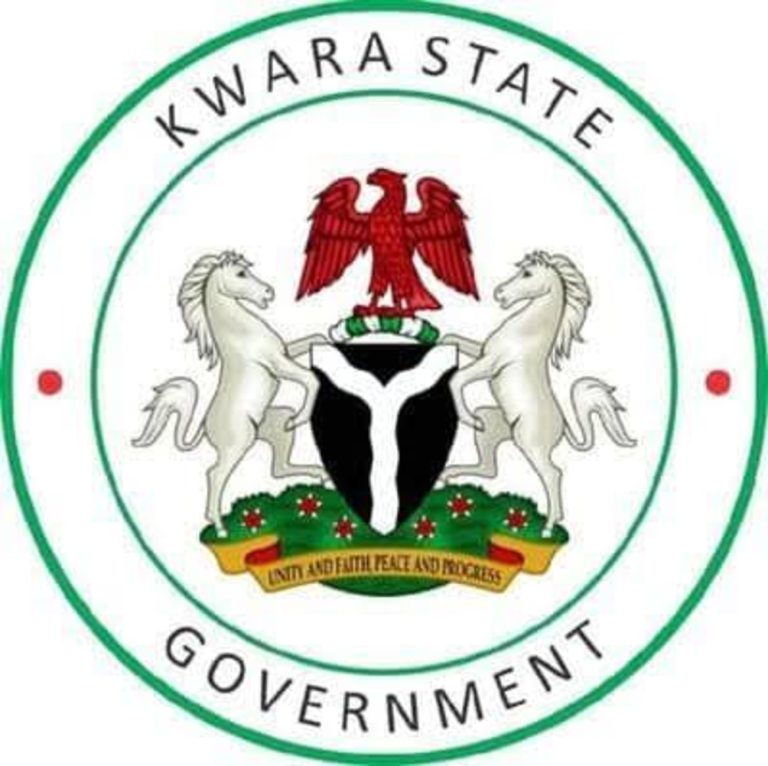NIPOST sets $80 shipping fee for US deliveries after Trump’s executive order
The Nigerian Postal Service (NIPOST) has declared that, effective August 29, 2025, all postal items sent to the United States—except for letters and documents—will incur a customs duty of $80 at the point of acceptance in Nigeria. This significant adjustment follows an executive order from U.S. President Donald Trump, which eliminates the prior duty-free de minimis treatment for all countries as stipulated under the International Emergency Economic Powers Act (IEEPA).
In a notice issued to customers, NIPOST explained, “This executive order applies to all postal operators and designated postal administrations worldwide, and the payment of the additional duty affects all global postal inflows into the United States, not just those from Nigeria.”
NIPOST highlighted that the changes could lead to increased transit and processing times for shipments, saying, “This could extend transit and processing times, potentially causing delivery delays.” Additionally, all U.S.-bound shipments will now be subjected to customs checks upon arrival at their destination, which adds another layer of regulation to the shipping process.
The postal service is actively working with the Universal Postal Union (UPU), U.S. Customs and Border Protection (CBP), and airline partners to minimize service disruptions and ensure a positive customer experience. “NIPOST is committed to providing safe, reliable, and efficient postal and courier services despite these global regulatory changes,” the agency assured.
In related news, DHL Group has introduced what it refers to as “probably temporary” restrictions on business shipments to the U.S. through its Deutsche Post and DHL Parcel Germany services, citing uncertainties regarding customs duty collection and data requirements. Nevertheless, the company confirmed that its premium DHL Express service remains operational, with plans to restore standard postal shipments as soon as feasible.
The U.S. government has described the previous exemption as a loophole that facilitates tariff evasion and drug trafficking, emphasizing the necessity of these regulatory changes.
Source: TheCable







